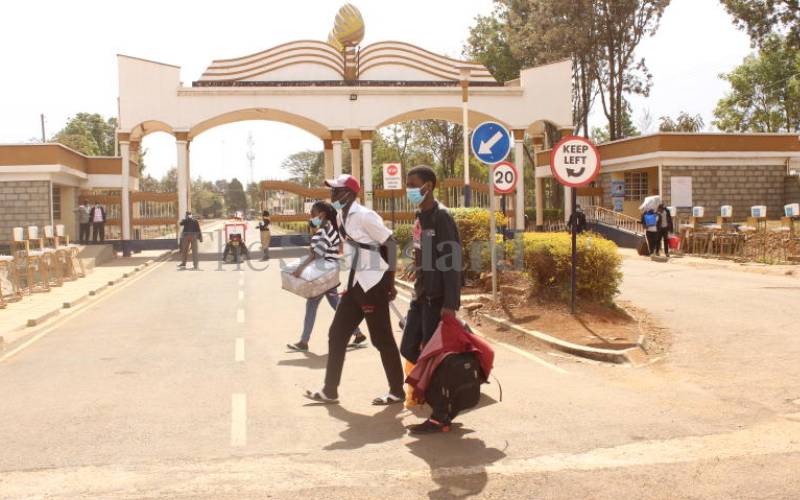×
The Standard e-Paper
Smart Minds Choose Us

University of Eldoret students, UasinGishu County. [Christopher Kipsang, Standard]
It has emerged that thousands of students are yet to receive their admission letters even as admissions kicked off this week.